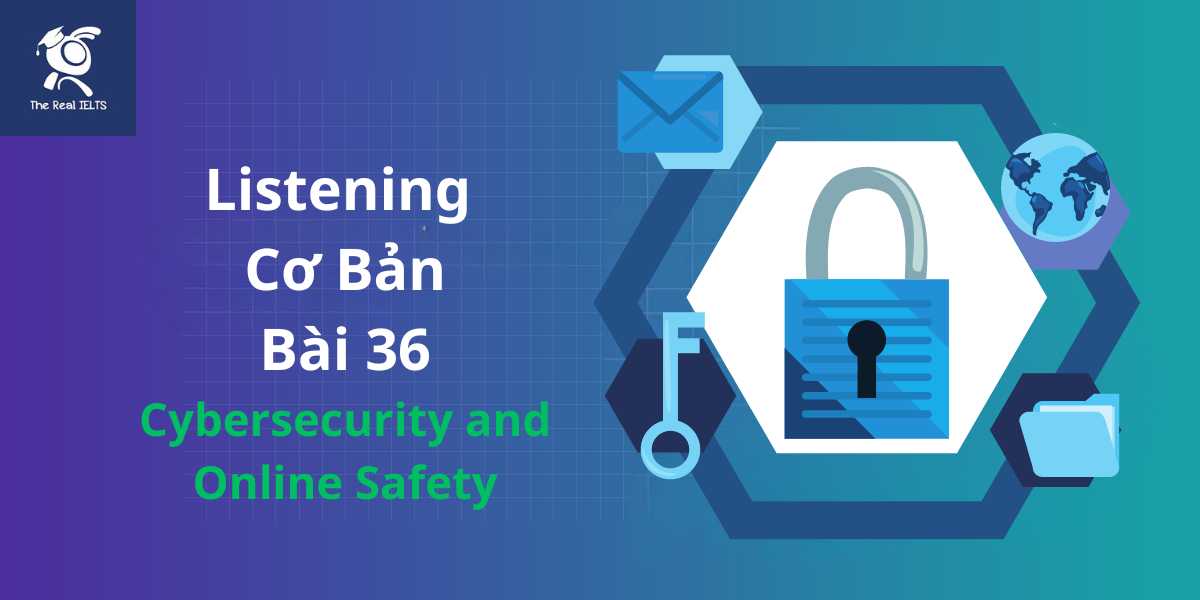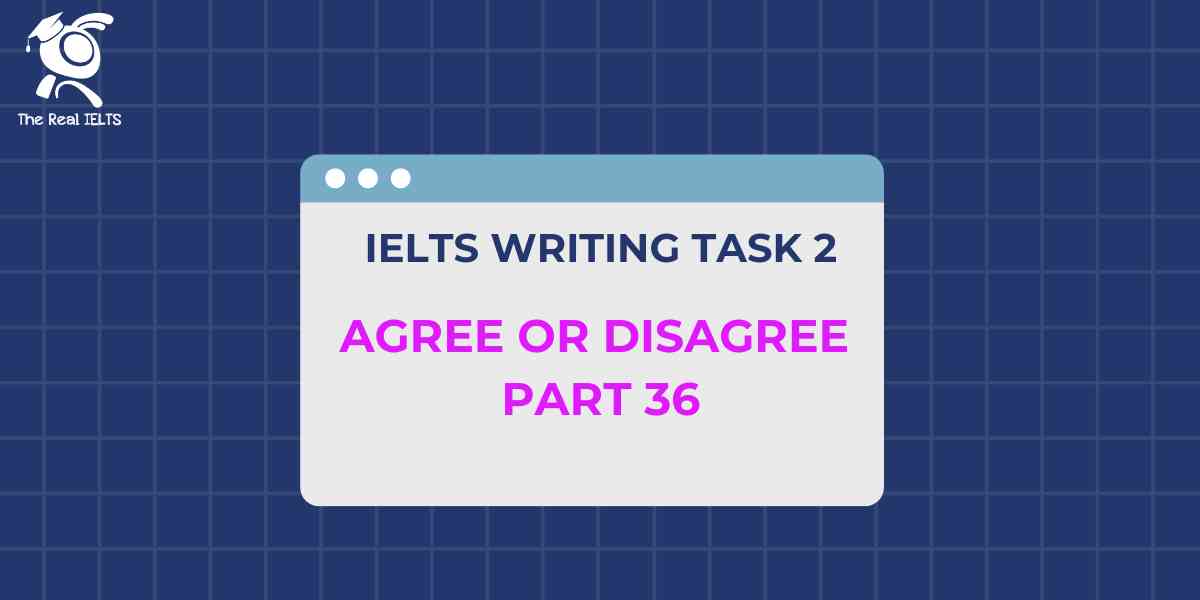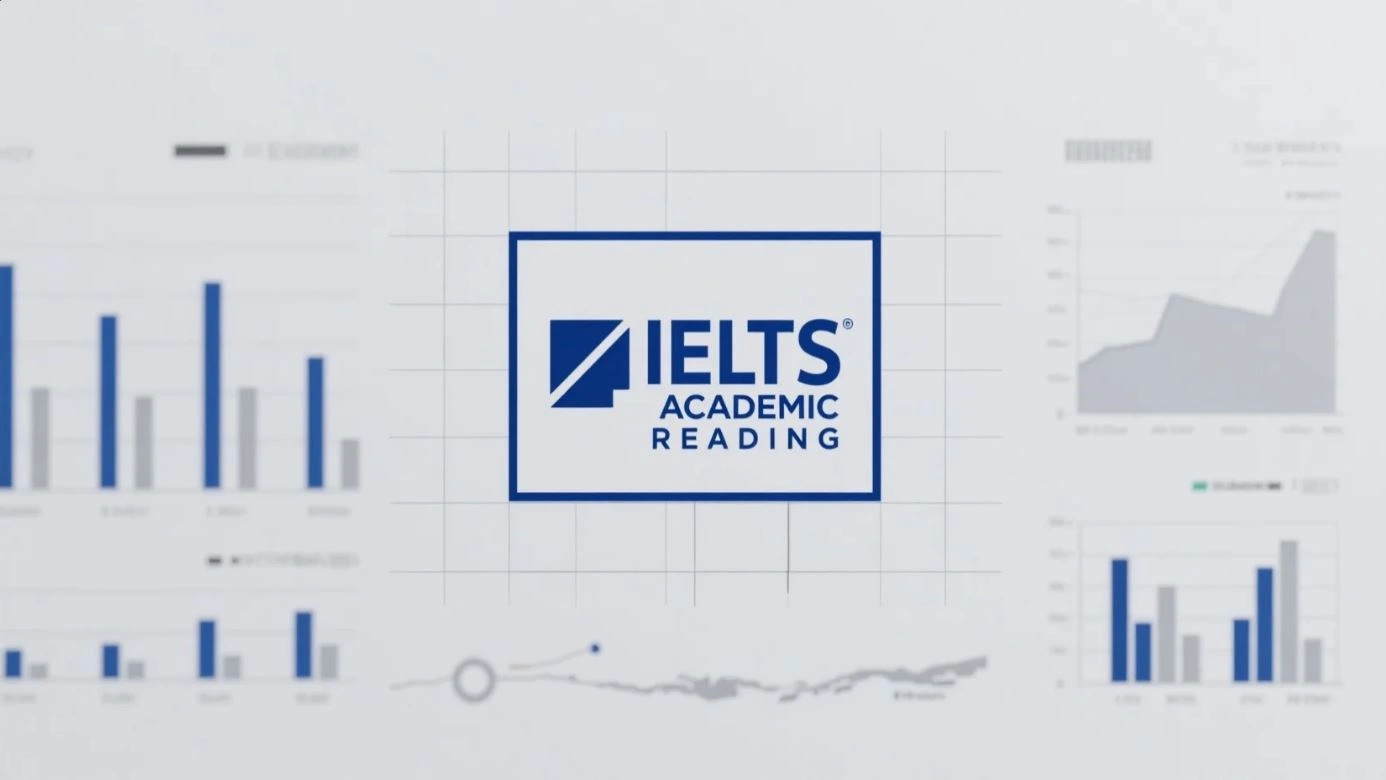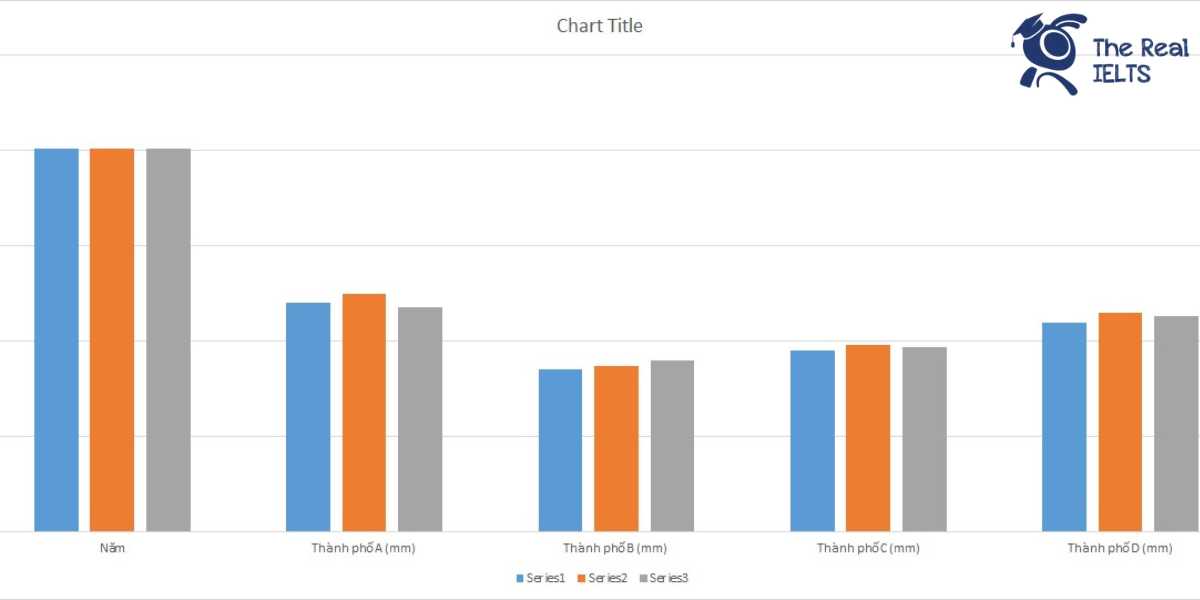Chủ đề Listening bài 36 là An ninh mạng. Đây cũng là một bài Listening có từ vựng tiếng Anh chuyên ngành đặc thù. Các bạn hãy lắng nghe và làm bài cẩn thận.
Bài Listening
Questions
Section 1: Multiple Choice
Instructions: You will hear a conversation between a customer and a cybersecurity specialist about online safety measures. Choose the correct answer (A, B, or C) for each question.
Questions:
- What is the main concern of the customer?
- A. Phishing emails
- B. Malware attacks
- C. Data breaches
- Which method does the specialist recommend for creating strong passwords?
- A. Using personal information
- B. Combining letters, numbers, and symbols
- C. Keeping the same password for all accounts
- What does the specialist say about two-factor authentication?
- A. It’s inconvenient and unnecessary
- B. It’s essential for online security
- C. It only protects email accounts
Section 2: Matching
Instructions: You will hear a lecture about different types of cybersecurity threats. Match each threat (1-4) with the correct description (A-E). There is one extra description you do not need to use.
Questions:
- Phishing
- Ransomware
- Spyware
- DDoS Attack
Descriptions:
- A. A type of malware that encrypts the victim’s files and demands payment.
- B. An attack that floods a server with traffic to crash it.
- C. Software that secretly monitors user activity.
- D. Fraudulent attempts to obtain sensitive information by disguising as a trustworthy entity.
- E. Unauthorized access to personal information through unsecured networks.
Section 3: Short Answer
Instructions: You will hear an interview with an online safety expert about how to protect personal information online. Answer the questions in no more than three words.
Questions:
- What should you avoid sharing on social media?
- What can you use to secure your internet connection?
- What is a common sign of a phishing email?
- How often should you update your passwords?
Section 4: Sentence Completion
Instructions: You will hear a talk on how to recognize and avoid online scams. Complete the sentences with no more than two words.
Questions:
- Online scams often create a sense of __________ to make you act quickly.
- Before entering personal information, check for a __________ in the website’s URL.
- Be wary of emails from __________ sources.
- Use __________ software to help detect and prevent online threats.
Answer
Section 1: Multiple Choice
- What is the main concern of the customer?
- C. Data breaches
- Which method does the specialist recommend for creating strong passwords?
- B. Combining letters, numbers, and symbols
- What does the specialist say about two-factor authentication?
- B. It’s essential for online security
Section 2: Matching
- Phishing
- D. Fraudulent attempts to obtain sensitive information by disguising as a trustworthy entity.
- Ransomware
- A. A type of malware that encrypts the victim’s files and demands payment.
- Spyware
- C. Software that secretly monitors user activity.
- DDoS Attack
- B. An attack that floods a server with traffic to crash it.
Section 3: Short Answer
- What should you avoid sharing on social media?
- Personal details
- What can you use to secure your internet connection?
- Virtual Private Network (VPN)
- What is a common sign of a phishing email?
- Sense of urgency
- How often should you update your passwords?
- Every few months
Section 4: Sentence Completion
- Online scams often create a sense of __________ to make you act quickly.
- urgency
- Before entering personal information, check for a __________ in the website’s URL.
- secure connection
- Be wary of emails from __________ sources.
- unknown
- Use __________ software to help detect and prevent online threats.
- antivirus
Audio Script
Section 1: Multiple Choice
Audio Script:
Specialist: Good afternoon! How can I help you today?
Customer: Hi, I’m really concerned about my online safety. There have been so many news reports about data breaches lately.
Specialist: That’s a very valid concern. Data breaches can be quite damaging. Are you worried about any specific aspect, like phishing emails or malware?
Customer: Mostly about data breaches. I’ve heard they can lead to identity theft.
Specialist: Absolutely. To protect yourself, start with creating strong passwords. Make sure they’re a mix of letters, numbers, and symbols.
Customer: I see. What about two-factor authentication? Is it really necessary?
Specialist: Yes, it’s essential. Two-factor authentication adds an extra layer of security to your accounts by requiring a second form of verification.
Section 2: Matching
Audio Script:
Lecturer: Today, we’ll discuss various cybersecurity threats. First, phishing is a method where attackers disguise themselves as trustworthy entities to obtain sensitive information like usernames, passwords, and credit card details. Next, ransomware is a type of malware that encrypts the victim’s files and demands payment for the decryption key. Spyware is another threat, which secretly monitors user activity, collecting data without their knowledge. Lastly, a Distributed Denial of Service, or DDoS attack, involves flooding a server with excessive traffic, causing it to crash.
Section 3: Short Answer
Audio Script:
Interviewer: Welcome, Dr. Smith. Can you give us some tips on how to protect our personal information online?
Dr. Smith: Absolutely. First, avoid sharing personal details like your full name, address, and phone number on social media. Second, use a Virtual Private Network, or VPN, to secure your internet connection, especially on public Wi-Fi. A common sign of a phishing email is a sense of urgency, like claiming your account will be locked unless you act immediately. Lastly, make sure to update your passwords regularly, at least every few months.
Section 4: Sentence Completion
Audio Script:
Speaker: Recognizing and avoiding online scams is crucial for online safety. Scammers often create a sense of urgency to make you act quickly without thinking. Always check for a secure connection, indicated by “https” in the website’s URL, before entering personal information. Be cautious of emails from unknown sources, as they might be phishing attempts. Lastly, using up-to-date antivirus software can help detect and prevent online threats effectively.
Học lại bài cũ: Bài tập Listening 35: The Psychology of Decision Making.















